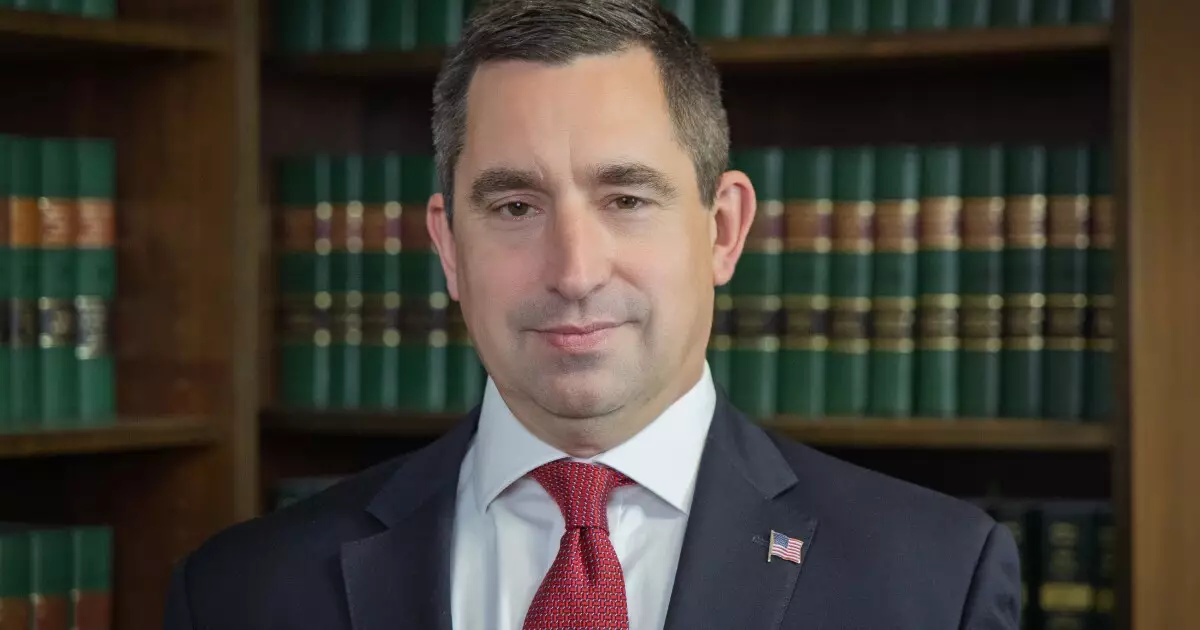In a critical time for North Carolina’s local governance, State Treasurer Brad Briner has appointed Jeff Poley as the interim director of the State and Local Government Finance Division. Frankly, under Poley’s temporary stewardship, the division stands at the threshold of an exciting shift. While it’s evident that Poley does not seek a permanent role, his extensive career—spanning over 28 years as a bond lawyer—positions him as a vital asset to the state. Unlike many, he isn’t navigating uncharted waters; he’s conversant with established systems, strongly hinting at a seamless transition that could leave lingering benefits for local government entities.
Leveraging Experience for Immediate Impact
Looking back, the heart of Poley’s recent success was his adept handling of financial assistance in the wake of Hurricane Helene. During that crisis, he rapidly mobilized resources, allowing municipalities to recuperate financial lost grounds. This experience speaks volumes; the ability to respond effectively during emergencies is critical in government finance. Briner’s acknowledgement of Poley’s proven capabilities is not mere platitude; it reflects a keen understanding of the nuances involved in local government financing—an area often mired in red tape and inefficiency. If Poley can apply that same sense of urgency and expertise to the broader operations of the finance division, it might herald a new, proactive approach to government funding.
Rethinking Relationships with Local Governments
One of the undeniable strengths of Poley lies in his ability to connect with local government officials across the state. In an era where collaboration is more necessary than ever, nurturing these relationships will be essential in providing comprehensive support to the more than 1,100 local entities that rely on state backing. The Local Government Commission (LGC) serves as a nexus for financial decision-making, yet its effectiveness largely hinges on the rapport formed between state officials and local jurisdictions. Poley’s long-standing associations could facilitate smoother transactions, leading to better outcomes for local communities.
The Challenge Ahead: Seeking a Permanent Solution
However, there looms a significant challenge—finding someone to fill the role permanently, an appointment Briner is aggressively pursuing. Ideally, the next leader should possess not only financial acumen but also a passion for local governance. Leadership is pivotal, especially in an environment where governmental entities are increasingly stressed by fiscal limitations and public expectations. It isn’t just about filling a vacancy; it’s about finding someone who can inspire confidence among county officials while navigating North Carolina’s complex financial landscape.
As North Carolina’s local government’s future hangs in the balance, Jeff Poley’s experienced hand at the helm may serve as a temporary salve, but he also represents a call to action for decision-makers: the urgent need to rethink local funding strategies and ensure that the right leadership is in place for long-term stability. The intersection of expertise and governance could lay the groundwork for a resilient fiscal future—if only the right permanent candidate emerges.

